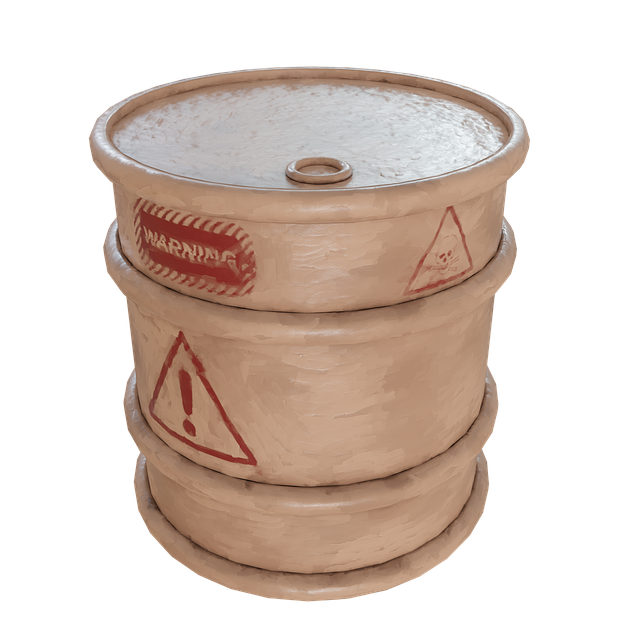In today's complex automotive market, expert diagnostics are vital for vehicle maintenance. While routine oil changes are essential, a comprehensive assessment by skilled technicians goes beyond surface-level replacements. This proactive approach detects potential issues early, encourages proactive maintenance, and extends engine longevity. Pre-service checks, including engine condition evaluation, oil quality testing, and undercarriage inspection, ensure optimal care. Choosing the right diagnostic tools and tailoring services to vehicle needs ensures accurate, efficient maintenance. Interpreting diagnostics requires a nuanced understanding of industry standards, driving habits, environmental factors, and vehicle history for informed decisions during select oil changes.
Before performing any service on your vehicle, expert diagnostics are crucial. This article guides you through the essential steps and benefits of comprehensive pre-service checks, focusing on oil changes. We’ll explore why these assessments are vital for maintaining your car’s health, what components they should include, and how to choose the right diagnostic tools. Additionally, we’ll share best practices for interpreting results to ensure you make informed decisions during select oil changes.
- Understanding the Need for Expert Diagnostics
- Benefits of Comprehensive Pre-Service Checks
- Essential Components of an Oil Change Assessment
- How to Choose the Right Diagnostic Tools
- Best Practices for Interpreting Results
Understanding the Need for Expert Diagnostics

In today’s digital era, where cars are becoming increasingly complex machines, understanding the need for expert diagnostics before any service has become more critical than ever. While many routine tasks like a select oil change can be handled by professionals or even self-serviced, the underlying health of your vehicle cannot be left to chance. Regular oil changes are essential, but merely replacing oil isn’t enough. Periodic oil replacement, guided by expert diagnostics, ensures not just the smooth operation of your engine but also its longevity.
Conventional vs. synthetic oil debates aside, keeping up with recommended service intervals and relying on skilled technicians for diagnostics can prevent costly repairs down the line. Car owners often overlook the importance of these steps, considering them mere administrative tasks. However, expert diagnostics provide valuable insights into the car’s condition, enabling tailored recommendations that extend the life of its engine and other vital components. This proactive approach to vehicle maintenance is a surefire way to stay ahead of potential issues and keep your ride in top shape.
Benefits of Comprehensive Pre-Service Checks

Conducting comprehensive pre-service checks offers a multitude of benefits for both vehicle owners and service providers. One of the key advantages is the early detection of potential issues, allowing for proactive rather than reactive maintenance. This involves not just a basic inspection but thorough testing across various systems to ensure optimal performance and longevity. For instance, regular free oil checks can reveal signs of wear and tear or contamination, prompting timely changes that extend engine life.
Additionally, these checks enable service centers to recommend suitable eco-friendly oil options tailored to different vehicles, contributing to sustainable transportation. This is particularly relevant for industrial applications requiring frequent oil changes due to harsher working conditions. By integrating such practices into their routine, garages can enhance customer satisfaction, reduce environmental impact, and ultimately foster a reputation as responsible, reliable service providers.
Essential Components of an Oil Change Assessment

An expert diagnostics assessment before any service, particularly when it comes to selecting oil changes, is paramount for maintaining your vehicle’s optimal performance and longevity. The process should involve a thorough inspection of several crucial components. First, evaluating the current condition of the engine using advanced scanning tools identifies any potential issues or codes that may indicate necessary repairs or maintenance. Second, checking the level and quality of the existing oil with a grease gun is essential; this includes measuring the viscosity to ensure it matches the manufacturer’s recommended specifications for your vehicle’s make and model.
Additionally, an expert technician will assess other critical areas such as the state of the oil filter, which should be replaced alongside the oil to prevent contamination, and inspect the overall condition of the undercarriage, looking for signs of leaks that could impact both the environment and the efficiency of future oil changes. By incorporating these comprehensive assessments into the routine grease gun oil service or industrial oil changes, owners can ensure their vehicles receive the care they need, promoting sustained reliability and performance, answering the question: how often to change oil?
How to Choose the Right Diagnostic Tools

Choosing the right diagnostic tools is essential for accurate and efficient vehicle maintenance. Before diving into any service, mechanics should assess the vehicle’s needs based on its age, mileage, and operational history. For instance, regular oil changes are crucial for most cars, with recommendations varying depending on the make and model. It’s important to remember that high-mileage vehicles or those used for off-road conditions may require specific oil types that cater to their unique demands.
Mechanics should also consider advanced diagnostic software that can detect even subtle issues. Such tools, often integrated into modern vehicle systems, provide real-time data and alerts, ensuring no potential problem goes unnoticed. By combining these technologies with a thorough understanding of the vehicle’s history, technicians can select the optimal service procedures, including oil changes, to keep your vehicle running smoothly.
Best Practices for Interpreting Results

When interpreting results from expert diagnostics before a service, especially when considering a select oil change or an engine tune-up with oil change, it’s crucial to approach the data with a nuanced perspective. Start by validating the findings against established industry standards and vehicle manufacturers’ recommendations. This ensures that any anomalies detected are not within acceptable tolerances, preventing unnecessary alarm. Secondly, consider the context—factors like driving habits, environmental conditions, and vehicle age can significantly impact oil quality and engine performance metrics.
For instance, synthetic oil benefits are well-documented in enhancing engine longevity and efficiency. However, interpreting these advantages requires understanding the baseline data, as some vehicles might not fully realize these gains due to varying levels of wear or improper maintenance history. When planning an industrial oil change or a standard oil change for your vehicle, having a clear interpretation of the diagnostics can help you make informed decisions, ensuring optimal engine performance and reliability over time.
When it comes to vehicle maintenance, expert diagnostics before service are invaluable. By incorporating comprehensive pre-service checks, such as an oil change assessment using advanced diagnostic tools, car owners can ensure optimal performance and longevity of their vehicles. This strategic approach not only identifies potential issues but also allows for proactive solutions, ultimately enhancing safety and saving costs in the long run. Remember, a well-maintained vehicle is key to a smoother, more efficient driving experience, making expert diagnostics a game-changer for every driver considering a select oil change.
